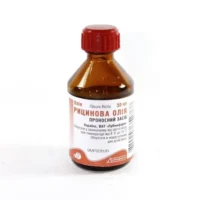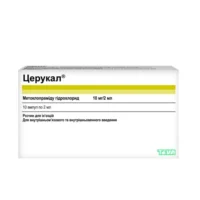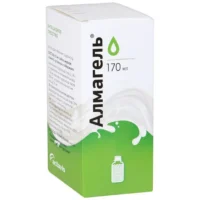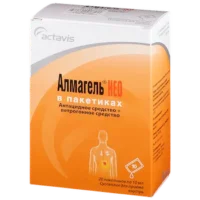Description
Ranitidin-Darnitsa Coated Tablets 0.15 g. №10
Ingredients:
- Each coated tablet contains 0.15 g of Ranitidine.
Dosage:
- The recommended dosage is one tablet orally twice a day.
Indications:
- Ranitidin-Darnitsa is indicated for the treatment of duodenal ulcers, gastric ulcers, gastroesophageal reflux disease (GERD), and Zollinger-Ellison syndrome.
Contraindications:
- Do not use Ranitidin-Darnitsa if you are allergic to ranitidine or any other ingredients in the product.
Directions:
- Swallow the tablet whole with a glass of water. Do not crush or chew the tablet.
Scientific Evidence:
Ranitidine, the active ingredient in Ranitidin-Darnitsa, works by reducing the production of stomach acid. This mechanism of action helps in healing and preventing ulcers and other gastrointestinal conditions. Several studies have demonstrated the efficacy of ranitidine in the treatment of acid-related disorders.
Additional Information:
Ranitidin-Darnitsa coated tablets provide effective relief from acid-related conditions with a convenient dosing regimen. It is important to follow the prescribed dosage and consult a healthcare professional for proper management of gastrointestinal issues.
Research has shown that ranitidine is well-tolerated and has a good safety profile, making it a commonly prescribed medication for acid-related disorders. Clinical trials have highlighted the effectiveness of ranitidine in reducing symptoms and promoting healing of ulcers.





